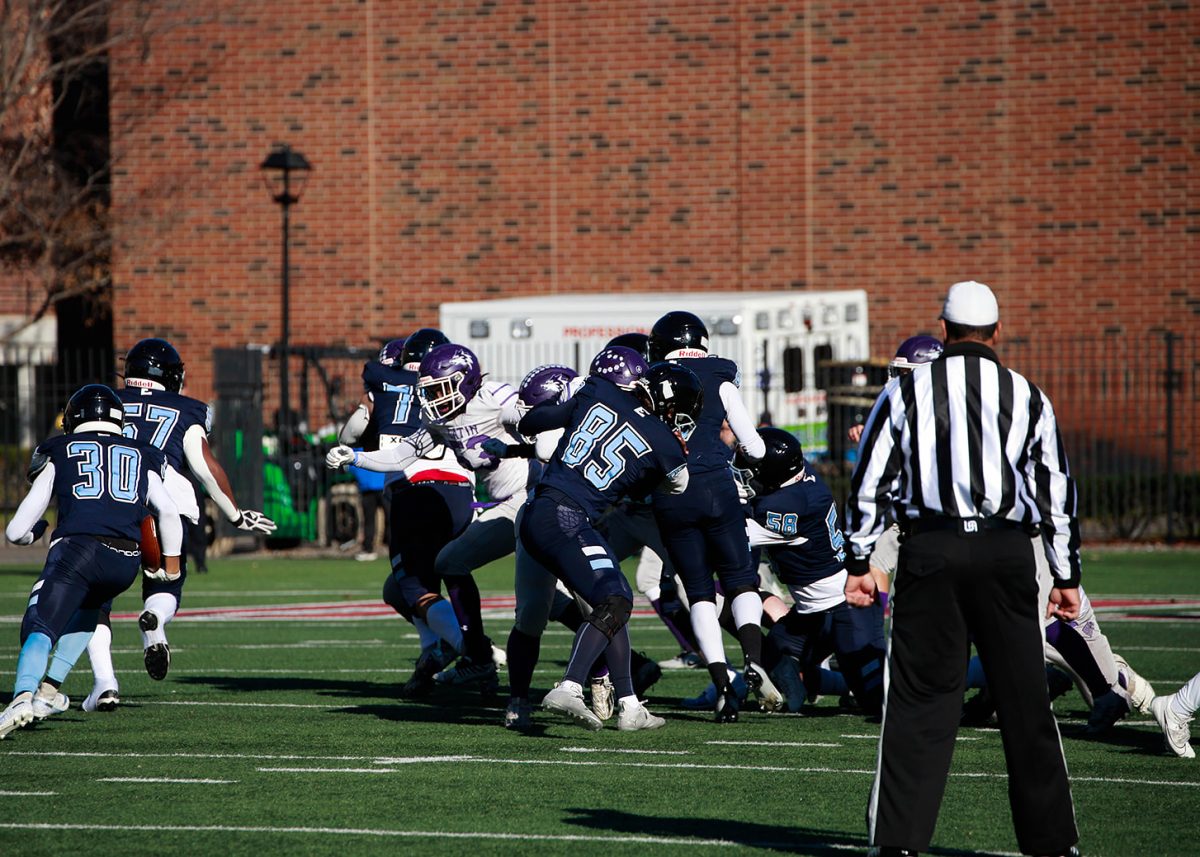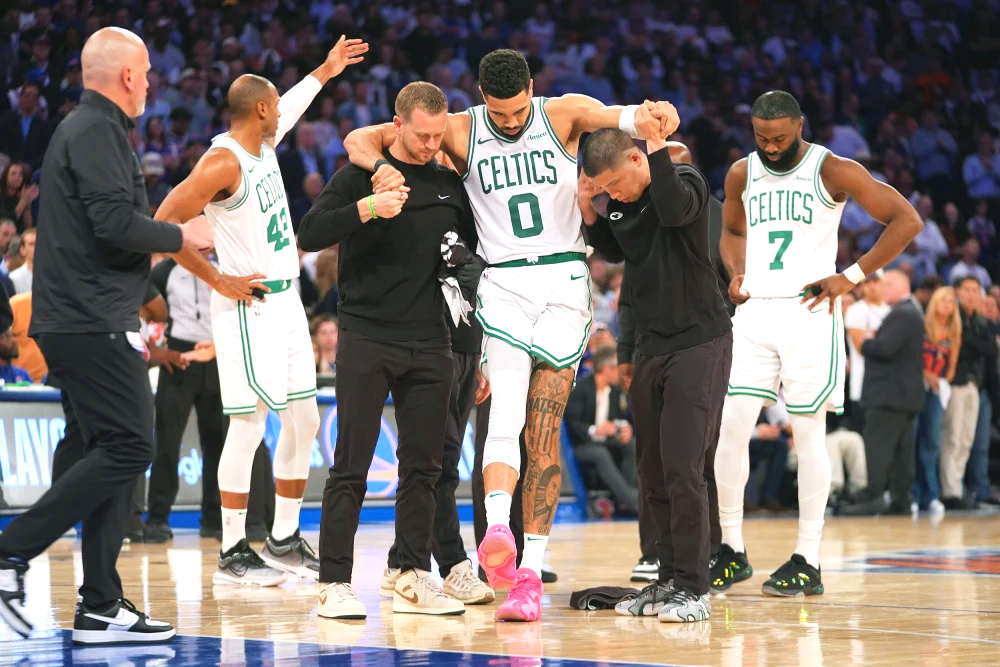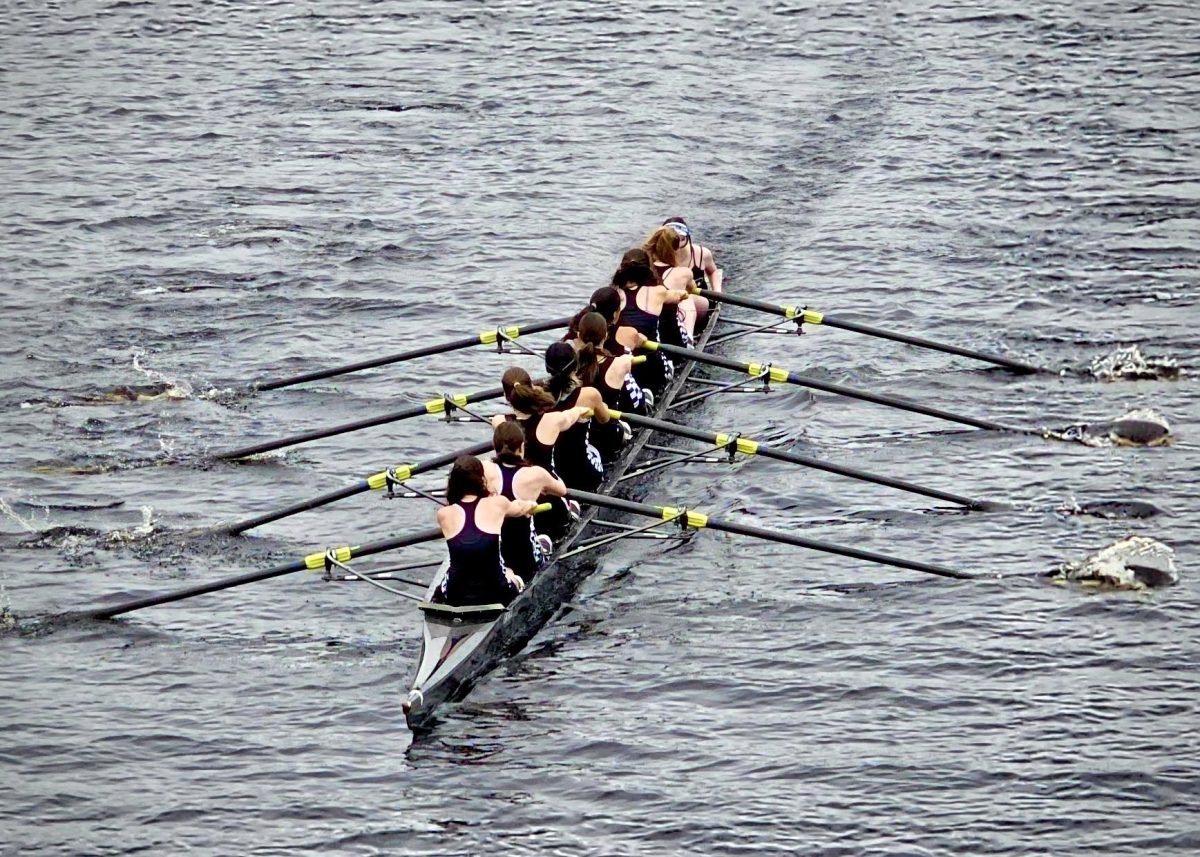This year, sports across Boston Latin School have seen referee shortages, negatively impacting coaches, players and BLS families alike.
This shortage has no definitive start date, but BLS student Aidan Zaphiris (I), a local soccer referee officiating town games and youth club games in the Greater Boston area, has seen this issue grow throughout his time as a referee. Games have been consistently rescheduled, with futsal games in particular seeing around five games rescheduled a week due to a lack of officials. Annoyance among the players and coaches is a strong sentiment, but referees now must work overtime. He has had to officiate games by himself, adding more stress. As the shortage progresses, more is demanded of him. “[He is] often asked to take on extra games, sometimes in the same weekend; [he] will have to travel to more than three different facilities to get games and these can be over an hour away from each other or from [his] house.”
One incident stands out most to BLS varsity football coach Raymond Butler. Last year, a softball game started with only one official, as the other was late because he was officiating another game. Such instances point to the fact that officials are being stretched more than ever.
These shortages are the result of various factors, but according to BLS Athletics Director Jack Owens, “[T]he most glaring and impactful is the behavior of people at games whether it be coaches, players or spectators.” Many referees do these jobs on the side, and enduring poor behavior and inappropriate comments is simply not worth it. Because of their full-time jobs, high school games being scheduled on weekday afternoons limit the availability of officials. Additionally, referees are moving to other sports — Mr. Owens is the Dual County League liaison for baseball and has seen umpires move to sports with shorter games and similar pay. Lastly, officials are aging and retiring with not enough young referees ready to step in.
So, what is being done to handle it?
The Massachusetts Interscholastic Athletic Association has partnered with RefReps, an organization educating and recruiting new game officials. Other organizations are doing outreach at various levels to help fill the void, but according to Coach Butler, getting high school officials “is challenging because of [the] certification and training requirements.” Leagues often reach out to former and current players to be trained to officiate youth games.
There is hope, though; high school students can help the shortage. According to Zaphiris, “[I]t is a great way to earn money during the school year [and] get started in a job that doesn’t need any prior experience.” He also believes that “[p]itching to high school students is crucial because they often have a lot of time on their hands to help out for local games and local leagues.”
To accommodate shortages, Coach Butler explains that some football games this season were moved to Thursdays, allowing the league to maximize the number of available officials. As the game times were altered, officials are being required to work back-to-back games, which Mr. Owens has not seen throughout his career. There have also been adjustments to prevent varsity and junior varsity games from occurring at the same time, “translat[ing] to a facility issue, especially in the city” according to Mr. Owens.
The current impact of the shortage on gameplay is difficult to grasp, partially due to new referees entering high school sports. Coach Butler believes the cause of the shortage to be cyclical, and partially due to the increased poor behavior at games. Zaphiris agrees the issue is longer term, as “[t]here is a lot of available human capital in kids who play youth sports or college students, but [he doesn’t] know if a ton is being done to reach out to these groups and convince them to join. [He] sees those two groups as the main sources from where the numbers of refs across sports are most likely to expand.” Mr. Owens brings a more hopeful outlook, stating, “The official shortage has not and will not ruin high school athletics, because the coaches and administrators will always adjust because it is all about the student athletes, but it has certainly created a burden for assignors and athletic directors to maintain the quality of the experience.”







